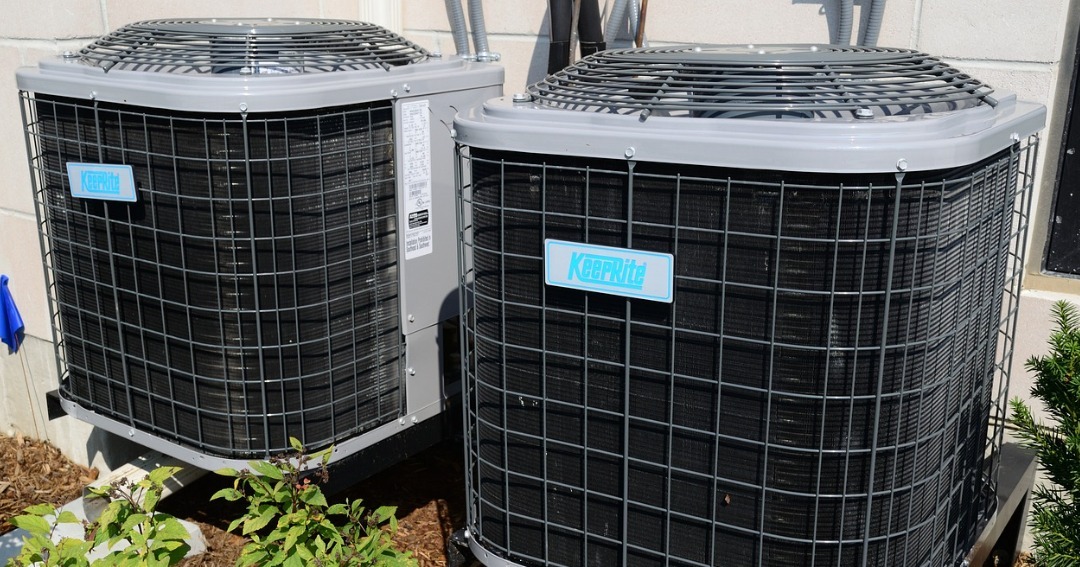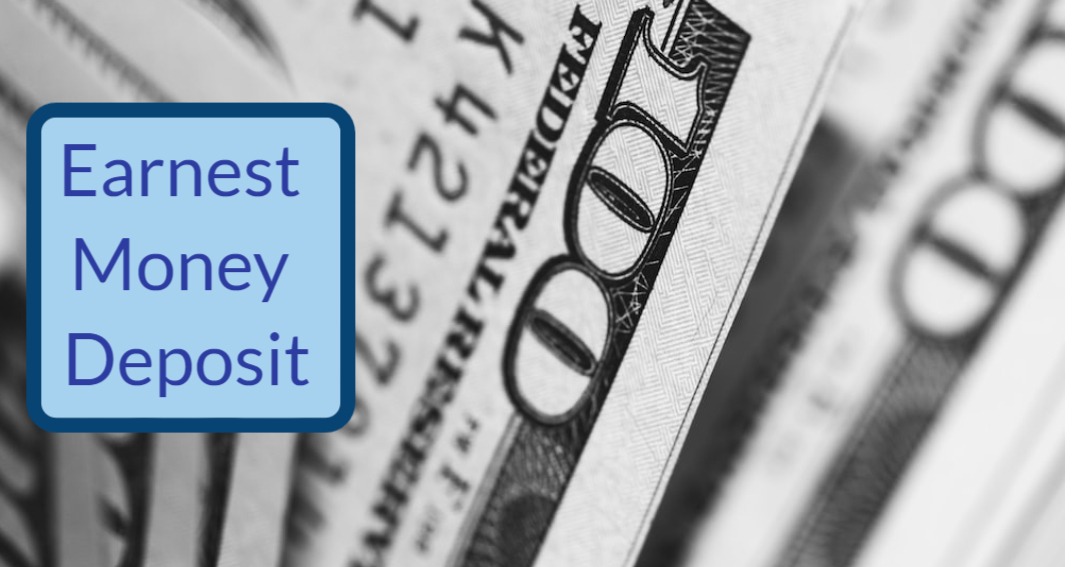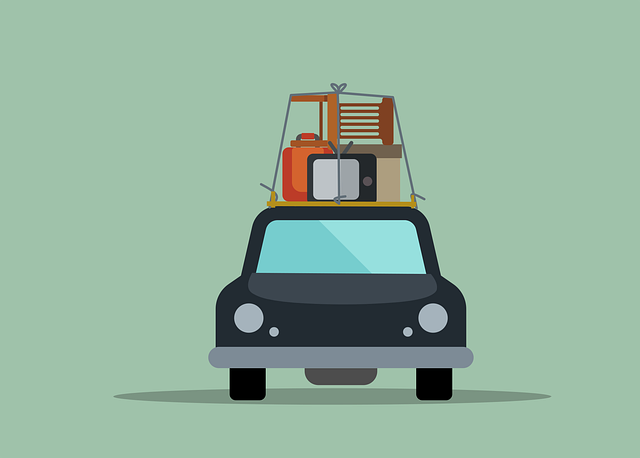
If you are about to buy a home, then you should know about the hidden costs associated with the purchase. These costs can range from closing fees, to moving costs, to appraisal fees. In addition to these costs, there are other factors that you should be aware of.
Appraisal Fees
Most lenders require a home appraisal before issuing loans. These appraisals help ensure that the price of a home is not more than it is worth. The appraisal is beneficial for both the buyer and the seller.
An appraiser will take measurements and photos of the interior of the home. They will also check the exterior of the home for the materials used. Their main concern is to determine the property's value.

Appraisal fees vary depending on the size and location of the home. For example, a luxury waterfront house in a remote location will cost more than a simple one-story home in a suburban neighborhood. A large plot of land will also cost more.
The appraisal is usually paid by the buyer. However, the seller may pay the fee. Some government refinance programs don't require an appraisal.
Home appraisals are a crucial step in the buying and selling process. Seller’s benefit from an accurate appraisal, which allows them to receive a fair price for their home. It helps them compete with other sellers. Buyers will also benefit from an accurate appraisal, which allows them not to pay more than their home is worth.
An appraiser will review the home's layout, square footage, and age. They will also look at features like cabinets and closets. While not all homes need an appraisal, some are more complex.
An appraisal will help the buyer, seller, and lender in their transactions. Appraisals are necessary to protect the lender's assets and to make sure the buyers don't overpay for a home.
When the loan is approved, the home will serve as collateral. If the borrower stops making payments, the lender has the right to seize the property.

Home Inspection
If you're buying a house, there are many hidden costs to consider. The best way to minimize your budget is to be prepared. These include a mortgage payment, down payment, and inspections.
A home inspector can find hidden problems you may not have noticed. This could save you a lot of money! Home inspectors will check your home's heating and cooling systems, roof, plumbing, and more. Usually, the average cost is between $300 and $600, depending on the property. More extensive inspections may cost more, up to around $1,000 or more.
Home inspectors can help you find the biggest flaws in the home you want to buy. These can range from a faulty furnace to a leaky roof. While your inspector isn't required to be an expert in all areas, a seasoned inspector will have a good idea of what is wrong and will make recommendations for a solution.
Another cost is your taxes. Most states charge a small fee to verify the tax payments of the home you are purchasing. Your realtor or lender can help you determine what you should budget for. This includes an appraisal of the home's value.

Getting a termite inspection can reveal hidden damage to your home. Termite infestations are common in the South and Southwest. Depending on the location of the home, you might need flood insurance.
Another expense to consider is a new oven. If your oven is old, it might not get hot enough to cook 350 degrees. Also, your fuse box may have a fire hazard. Buying a home is expensive, so make sure you know the details before you sign a contract. There are many hidden costs that can have a big impact on your wallet.
Earnest Money Deposit
What is the earnest money deposit? One of the hidden costs of buying a home is the earnest money deposit. This is usually a small percentage of the purchase price, 1% to 3%. Typically, the earnest money is held in escrow until the purchase closes. It is a way to show a seller that the buyer is serious about the offer.
Earnest money can be a refundable deposit, or it can be used by the buyer to cover closing costs. The amount varies depending on the buyer's financing and the competition for the house. If there is a lot of competition, a low earnest money deposit can increase the odds of the buyer receiving a counteroffer.
Earnest money can be a substantial amount, especially in hot real estate markets. However, it is important to note that it is a one-time payment that will not increase the seller's profit.
Most escrow companies handle refunds quickly. In Texas, for example, the earnest money must be disbursed within three business days of the contract signing. The details of a refund are outlined in the Residential Purchase Agreement.

Although an earnest money deposit can be an attractive tactic, it is important to read the contract carefully before committing to a home. If the house does not pass inspection, you may not get your money back. Before making an offer, discuss your contingencies with your real estate agent.
Usually, the earnest money is refunded if the purchase does not close. Depending on the escrow company, you can expect a refund within a week.
If you are a first-time homebuyer, you might not realize that you will need to spend money on things like property taxes. Besides, the home you want may need repairs.
Closing Costs
Closing costs when buying a home can be a shock. These expenses cover a wide range of services, from attorney fees to recording fees. But understanding how to budget for closing costs can help you avoid unexpected financial headaches.
Buyers usually pay up to 3% of the purchase price in closing costs. This includes lender and appraisal fees, prepaid insurance, inspections, title insurance, and more.
While a good number of closing costs are one-time fees, others will be recurring. Borrowers can shop around for lower fees, and some states offer low-interest loan programs. Some counties also offer grants to help pay for closing costs.
Sellers typically pay about 8% to 10% of the sale price in closing costs. Seller concessions, also known as seller credits, are often offered. However, they are not paid directly to the buyer.
If you are a first-time homebuyer, you may need to make a down payment. The average down payment on a single-family home in 2022 was about 10%. (NAR)
Buyers should also budget for additional costs. There are many costs, including land survey, owner's title insurance, and taxes. A buyer can also pay for a home inspector, who can check the property for any issues.

You may be able to get a lower interest rate if you pay points, or prepayments, at the time of sale. This can reduce the amount you owe at closing and save you money in the long run.
The cost of owner's title insurance policies varies depending on the size of the home. Lenders require a title search to ensure the property is free of liens.
Homebuyers may also be able to reduce their closing costs by scheduling their closing at the end of the month. Escrow companies hold funds during the transaction and disperse them to the correct parties at closing.
Moving Costs
Moving costs vary greatly and aren't always predictable. They can also change based on the type of move and the situation.
Luckily, you can do your part to make your moving experience easier and more affordable. There are plenty of ways to save money, from using a truck rental to renting storage units. Taking a few steps in advance can help you avoid the most expensive pitfalls.
The most obvious moving cost is hiring movers. Hiring a professional mover can cost anywhere from a few hundred dollars to more than a couple of thousand. Fortunately, many companies offer a flat rate for moves. However, you may have to pay extra if you have large or heavy items.

Another expense is moving supplies. Whether you're using a truck or a portable storage unit, you'll have to pay for fuel, fuel charges, and tolls. Also, if you're moving long-distance, you'll need to buy toiletries and pantry staples.
You might need a portable storage unit. The cost of a portable storage unit will depend on several factors, including size, rental duration, and location. Generally, the larger the unit, the more expensive it will be. Also, if you need to rent for a longer amount of time, that can also increase the cost. Finally, depending on where you live and the availability of units in your area, prices will vary.
Another thing you can do to reduce your moving costs is to pack things yourself. You'll want to make a list of all the moving supplies you'll need.
One of the most important things to consider when planning a move is how long it will take to complete. Ideally, you'll want to plan a move that's within one month of your new home's move-in date. This way, you won't be stuck storing everything for a week, two weeks, or more. We hope you found this helpful.
 Add Row
Add Row  Add
Add 



